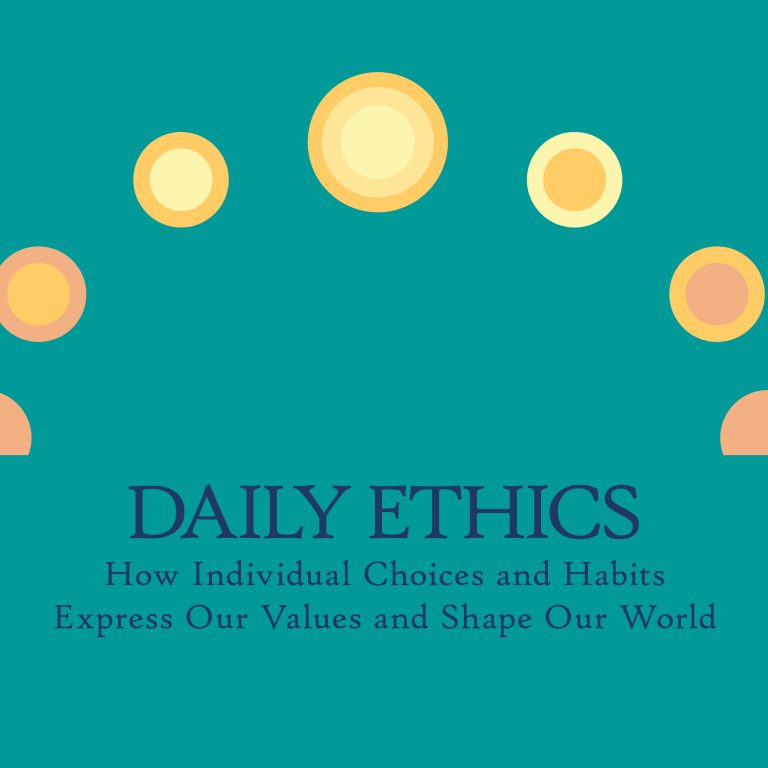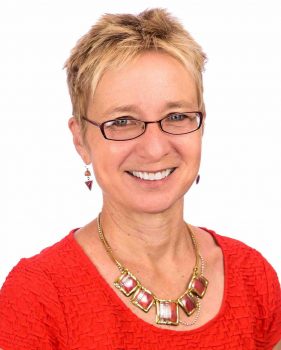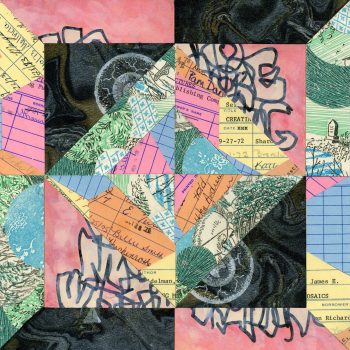Mudd Center Announces 2021-22 Lecture Series on Daily Ethics "Daily Ethics: How Individual Choices and Habits Express Our Values and Shape Our World” kicks off Sept. 27 with a keynote address by Professor of Philosophy Cheshire Calhoun.

In considering a theme for the Mudd Center for Ethics 2021-22 program, Karla Murdock, director of the Mudd Center, honed in on the rich opportunities for ethical questioning and reasoning that have arisen in recent history.
“I think the events of the past 18 months have made many people, including myself, pause and reevaluate how we live our daily lives,” said Murdock. “Our 2021-22 theme will embrace this period of questioning and encourage students, faculty and staff to apply an ethical lens to it: What are my most essential values and how are they reflected in my life? How should my life be crafted in order to express these values?”
With that goal in mind, Murdock and the Mudd Center Advisory Board arrived at this year’s theme, “Daily Ethics: How Individual Choices and Habits Express Our Values and Shape Our World.” The public lecture series will bring to W&L 10 distinguished speakers, from a variety of disciplinary and professional backgrounds, to shape a community discussion about living out one’s values in personal and professional life.
“Contributors to the lecture series will help us think about how we responsibly use information and construct knowledge, navigate the responsibilities of citizenship and stewardship of the earth, and apply ethical reasoning to the decisions and actions that comprise our days and our lives,” Murdock said.
The slate of speakers includes authorities in normative ethics, materials science, theater, epistemology, consumer science, race and politics and digital media. It includes, among others, a staff writer for the New Yorker magazine, a renewable energy researcher and entrepreneur and a playwright whose work focuses on the intersection of science, policy, art and climate change.
Learn more about this year’s theme here.
The series kicks off at 5 p.m. on Sept. 27 in Stackhouse Theater with a keynote address by Cheshire Calhoun, professor of philosophy at Arizona State University. The lecture, which is free and open to the campus community, is titled “Responsible Persons in Everyday Life.” The public can also watch the lecture via Livestream for free at livestream.com/wlu/mudd-calhoun.
Calhoun works in normative ethics and moral psychology, addressing topics such as civility, common decency, integrity, hope, meaningful living, appreciation and taking on responsibilities. Her most recent book, “Doing Valuable Time: The Present, the Future, and Meaningful Living,” explores the implications of using time well to achieve the unachievable: living a meaningful life.
This summer the Mudd Center welcomed new postdoctoral fellow Omar Quiñonez, who joins W&L after completing a doctorate in philosophy, and a one-year teaching appointment at Emory University. In 2021-22 Quiñonez will teach a companion course to the Mudd Center theme: Daily Ethics of Social Trust. The course will address social trust in relation to some of today’s most pressing ethical, existential and political issues, such as the role of reputation and social recognition, the social dynamics of belief in science and experts, the moral demands of hospitality, and the ways in which unfair economic practices and discrimination impair social trust.
An exciting new feature of this year’s series is the Mudd Center’s Daily Ethics Mosaic. This project is a collaborative venture between the Mudd Center and Staniar Gallery. W&L students, staff and faculty will generate a large-scale piece of art in a series of workshops held during Fall Term 2021. Workshops will be led by Richmond-based artist Jonathan Lee, whose socially engaged art practice has guided innovative and inspiring community projects such as Who is Downtown and Curriculum Lab.
“The mosaic project is designed as an opportunity for members of our community to come together, after more than a year of pandemic-related disruption and isolation, to think and create together,” Murdock explained. “Workshops will involve individual and collective art-making, but participants don’t need to have any artistic skill; the focus is more on the process than the product. I think students, staff and faculty will find the workshops to be even more thought-provoking and fun than they expect.”
Daily Ethics Mosaic workshops will be held throughout the fall and will culminate in the exhibition of a large-scale community artwork in Wilson Hall’s Lykes Atrium from Jan. 10 – Feb. 9, 2022. There will be a public reception and artist’s talk to celebrate the project’s completion.
Pre-registration is necessary to participate in a workshop, and space is limited. The W&L community is encouraged to sign-up for free here.
“Since most of us are not in the habit of making art, participating in the mosaic project is a low-stakes way to exercise the creative and visual sides of ourselves,” Murdock said. “Art-making might take us one-half step outside of our comfort zones, which makes it a perfect way to stimulate meaningful introspection about our own lives and how our values might be expressed each day. Together, we will build a giant and beautiful expression of our individual and collective ideas about daily ethics. I hope everyone will want to be a part of this.”
For more information and a complete schedule of events, visit the series webpage.
The Mudd Center was established in 2010 through a gift to the university from award-winning journalist Roger Mudd, a 1950 graduate of W&L. By facilitating collaboration across traditional institutional boundaries, the center aims to encourage a multidisciplinary perspective on ethics informed by both theory and practice. Previous Mudd Center lecture series topics have included Global Ethics in the 21st Century, Race and Justice in America, The Ethics of Citizenship, Markets and Morals, Equality and Difference, The Ethics of Identity and The Ethics of Technology.
 Cheshire Calhoun
Cheshire Calhoun An example of the mosaic project artwork.
An example of the mosaic project artwork.
You must be logged in to post a comment.